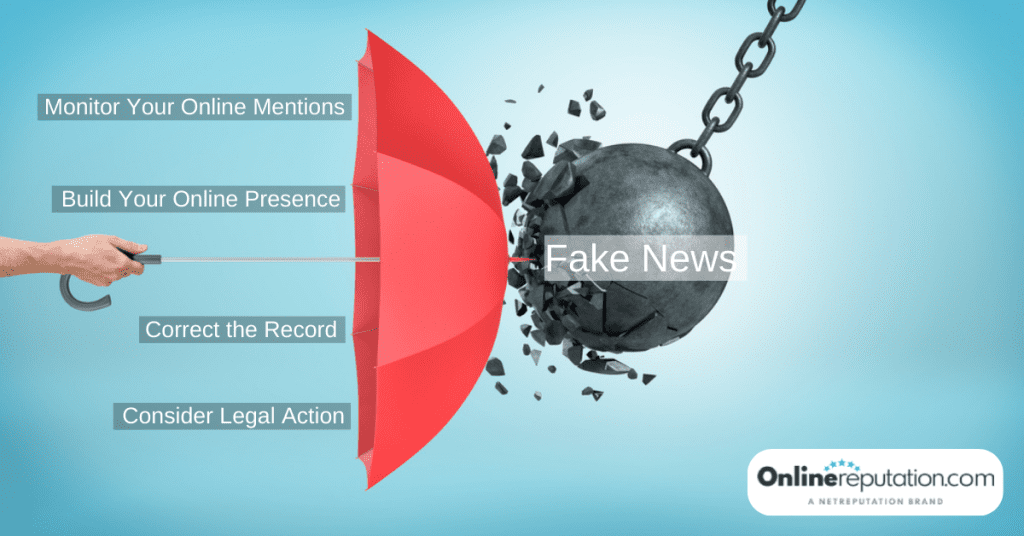In today’s digital world, your identity isn’t just yours anymore. A few tools, a fake story, and your image can be used to ruin your life, without your knowledge or consent.
This recently happened to Becky, a young woman who went viral after a content creator treated her to gifts and an iPhone in Lagos. But the celebration quickly turned dark when a man surfaced online claiming to be her boyfriend. He posted a couple of photos and WhatsApp chats as proof. Insults followed, and Becky was shamed across social media.
But it was all fake.
The photos were photoshopped. The chats were fabricated. Becky didn’t even know the man. Still, the damage was already done.
Faking It Is Easier Than Ever
You don’t need hacking skills to fake chats or pictures. Dozens of free apps and websites allow users to create believable WhatsApp messages. Simple tools like Canva, CapCut, or even AI like ChatGPT can generate realistic content that looks authentic.
And then there’s deepfake technology, AI-generated audio and video content that mimics real people. While not yet widespread in Nigeria, deepfakes are rising, and the results are terrifyingly convincing.
Why This Should Worry You
In a world where clout is currency, people will do anything for attention, including lying with their face and name.
And unfortunately, most people believe what they see first, even before checking the facts. This makes fake news, doctored screenshots, and edited images dangerous weapons in the wrong hands.
Is Digital Impersonation a Crime in Nigeria?
Yes.
Under the Cybercrimes Act of 2015, Section 24 makes it illegal to use computer systems to impersonate others or share offensive, false, or harmful messages. Offenders risk up to ₦7 million in fines or 3 years in prison, or both.
Defamation laws also apply, even to tweets and edited images. But many victims don’t pursue legal action because they aren’t aware of their rights.
How to Protect Yourself Online
Here are a few simple ways to reduce your risk:
- Think before you post: Limit personal details or private moments online.
- Watermark images or blur sensitive information.
- Keep accounts private if you’re not a public figure.
- Don’t send revealing content to people you don’t trust.
- Search your name regularly to catch misuse early.
- Educate younger users—they’re frequent targets of digital scams.
What to Do If You’re Falsely Accused Online
If someone fakes a story about you:
- Gather evidence – Screenshot everything.
- Make a public statement – Especially if the lie is spreading.
- Report it – Most platforms like Instagram, TikTok, and X allow users to report false content.
- Get legal support – Speak to a lawyer about your rights.
- File a police report – Visit the cybercrime unit in your area.
In Nigeria, awareness about digital safety is still growing. But one thing is clear: protecting your online identity is just as important as locking your front door.
Stay informed. Stay alert. Because in this AI-powered world, it only takes one fake message to turn your life upside down.

